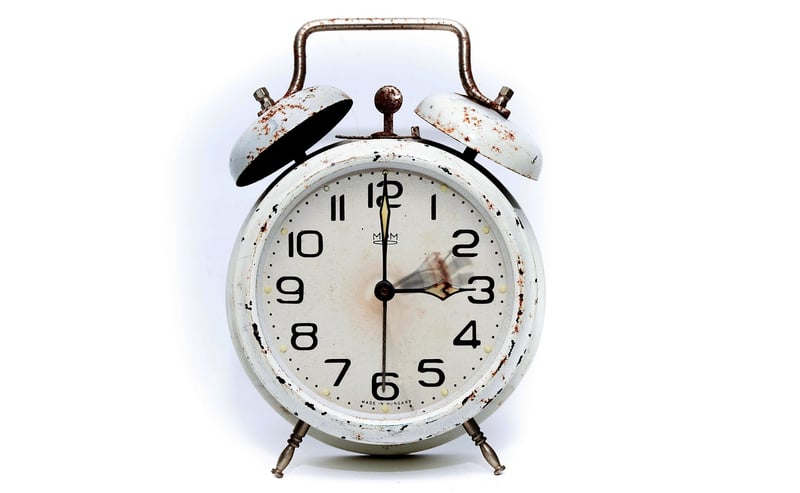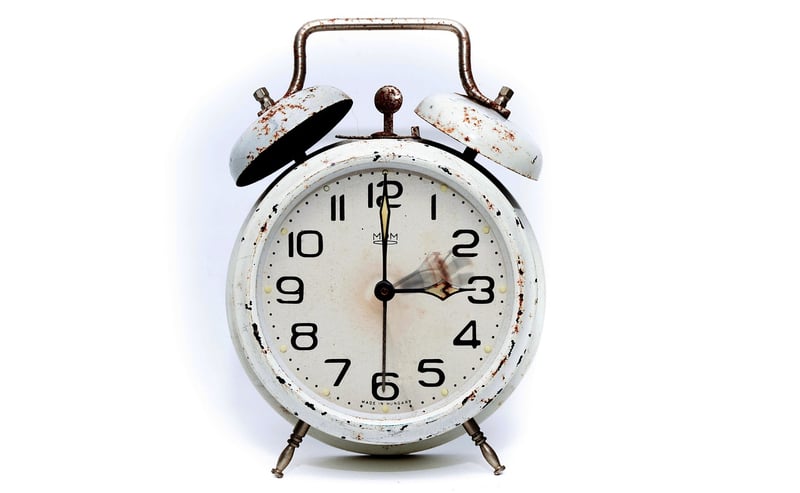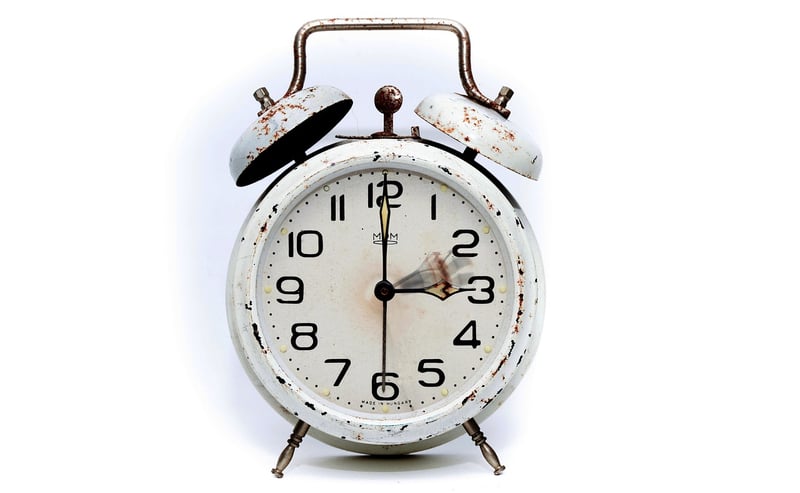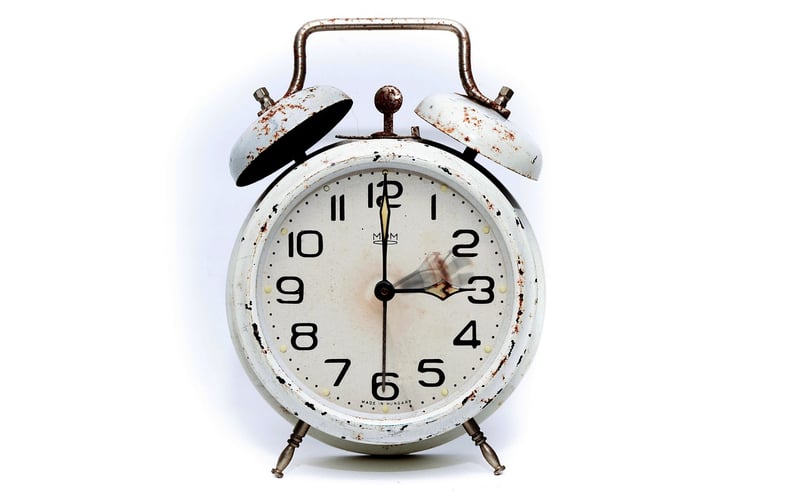Time Travel Ethics
Profiles of Time Travelers
Introduction
Time travel has long been a fascinating concept in science fiction, but what if it were possible in reality? Let's explore some profiles of hypothetical time travelers and delve into the ethical considerations surrounding time travel.
The Adventurer: Sarah Jenkins
Sarah Jenkins, a daring physicist, built her own time machine in her garage. She travels back to witness historical events firsthand, careful not to disturb the timeline. Her adventures have given her a unique perspective on the past.

The Historian: David Reynolds
David Reynolds, a renowned historian, uses time travel to validate historical theories. He observes key moments in history and documents his findings, shedding new light on age-old mysteries.

The Philosopher: Emily Chen
Emily Chen, a philosopher, explores the ethical implications of time travel. She grapples with questions of free will, causality, and the impact of altering the past. Her insights challenge conventional notions of time.

Time Travel Ethics
While the idea of time travel is exciting, it raises profound ethical dilemmas. Should we alter the past to prevent tragedies? What are the consequences of changing history? These questions challenge us to consider the implications of manipulating time.
Key Ethical Considerations:
- The Butterfly Effect: Small changes in the past can have significant repercussions in the future.
- Temporal Paradoxes: Altering the past may create paradoxes that defy logic.
- Respecting the Timeline: Preserving the integrity of history is crucial to avoid unintended consequences.
As we ponder the possibilities of time travel, let us remember that with great power comes great responsibility. The ethical dimensions of time travel challenge us to think critically about the impact of our actions on the fabric of time itself.
Time travel may remain a work of fiction for now, but the ethical questions it raises are very real.
